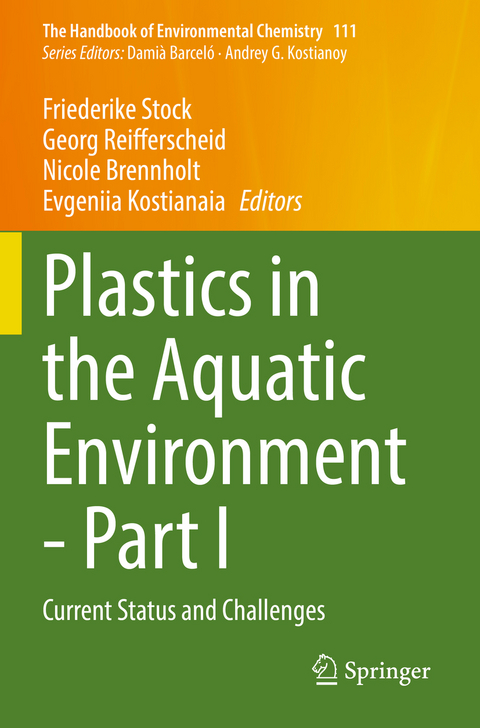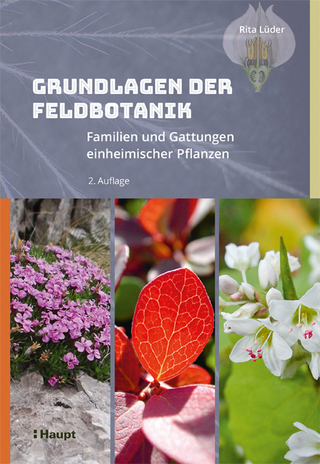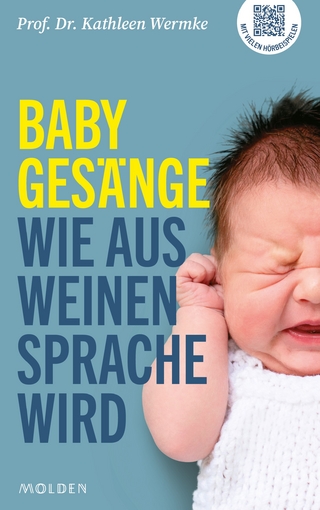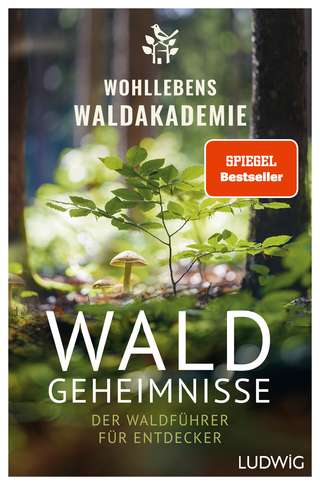
Plastics in the Aquatic Environment - Part I
Springer International Publishing (Verlag)
978-3-030-84120-1 (ISBN)
This book offers a comprehensive review of how plastic pollution is affecting fresh and marine waters, and what the current challenges in plastic waste assessment and management in the aquatic environment are. Plastic waste comprises particles with heterogeneous physicochemical properties such as large size-range, different shapes and polymer types with various additives determining their environmental fate and risk. This complexity raises several open research questions which are explored in this book. Examples are the plastic uptake by aquatic organisms, degradation processes as well as sources and sinks in the environment.
Readers will discover real case studies of plastic pollution detection and management in different parts of the world, including Asia, America and Europe, which provide an integrated overview of the global scope of this issue.
This book and the companion volume Plastics in the Aquatic Environment - Part II: Stakeholders' Role Against Pollution are valuable resources to students, researchers, policymakers and environmental managers interested in plastic pollution and working towards its reduction.
Dr. Friederike Stock is a research assistant in the Department of Biochemistry and Ecotoxicology at the German Federal Institute of Hydrology (BfG; Koblenz, Germany) since 2016. She has a Ph.D. in sedimentology /paleogeography from the University of Cologne, Germany. Dr. Stock is leading a project about micro- and macroplastics in German ivers and is involved in an international project about plastics in fresh- and marine waters. During the last years, she organized conferences and workshops to get scientists, politicians and stakeholders together, is responsible for a homepage about plastics (https://www.plastic-network.org) and published several scientific research papers about plastics. Dr. Georg Reifferscheid is Head of the Department of Biochemistry and Ecotoxicology and Deputy Head of the Division Qualitative Hydrology of the German Federal Institute of Hydrology (BfG; Koblenz, Germany). He has a Ph.D. in genetic toxicology (University of Mainz, Germany). Dr. Reifferscheid has broad experience in ecotoxicology, toxicological risk assessment and project management. He is involved in various standardization projects within ISO TC147 Water Quality Subcommittee 5 Biological methods (SC5). He is Chairperson of SC5 and a member of Joint ISO/TC 147/SC 2 - ISO/TC 61/SC 14 Working Group: Plastics (including microplastics) in waters and related matrices. Dr. Nicole Brennholt is a research scientist in the Department of Biochemistry and Ecotoxicology at the German Federal Institute of Hydrology (BfG; Koblenz, Germany) since 2009. She has a Ph.D. in ecology from the University of Essen, Germany. Dr. Brennholt is in charge of national and international projects dealing with (micro-)plastic issues in freshwater and marine ecosystems and microbial water quality. Furthermore, she manages the microbial laboratory (biosafety level 2). With her colleagues she organized several national and international workshops and symposia on plastics in marine and freshwater environments. Dr. Evgeniia Kostianaia is a researcher at the P.P. Shirshov Institute of Oceanology, Russian Academy of Sciences (Moscow, Russia). She is involved in several international initiatives such as acting as the Focal Point for the International Ocean Institute (Malta) for Moscow, Russia; representing Russia as the Black Sea Young Ambassador and being a member of the working group on sustainable development of the Caspian Sea region and the Caspian Integrated Scientific Network (CASPISNET). She has helped organize several conferences on sustainable development of the Russian parts of the Azov, Black and Caspian Seas.
Role of Environmental Science in Solving the Plastic Pollution Issue.- Pitfalls and limitations in Microplastic analyses.- Analytical Methods for Plastic (Microplastic) Determination in Environmental Samples.- Biodegradable Plastics: End of Life Scenarios.- Biological and ecological impacts of plastic debris in aquatic ecosystems.- Impact of plastic pollution on marine life in the Mediterranean Sea.- Plastic in the Aquatic Environment: Interactions with Microorganisms.- Freshwater Microplastic Pollution: The State of Knowledge and Research.- From Land to Sea: Model for the documentation of land-sourced plastic litter.- Plastic waste management: current status and weaknesses.- Plastic pollution in Slovenia: from plastic waste management to research on microplastics.- Marine Litter Assessment on Some Beaches Along the Southeastern Adriatic Coastline (Albania).- Plastic pollution in East Asia: macroplastics and microplastics in the aquatic environment, and mitigation efforts by various actors.- The Microplastics in Metro Manila Rivers: Characteristics, Sources, and Abatement.- Plastic Contamination in Brazilian Freshwater and Coastal Environments: A Source-to-Sea Transboundary Approach.- Marine litter in the Russian Gulf of Finland and South-East Baltic: Application of Different Methods of Beach Sand Sampling.- Role of Environmental Science in Tackling Plastic Pollution.
| Erscheinungsdatum | 01.11.2022 |
|---|---|
| Reihe/Serie | The Handbook of Environmental Chemistry |
| Zusatzinfo | X, 496 p. 60 illus., 30 illus. in color. |
| Verlagsort | Cham |
| Sprache | englisch |
| Maße | 155 x 235 mm |
| Gewicht | 771 g |
| Themenwelt | Sachbuch/Ratgeber ► Natur / Technik ► Natur / Ökologie |
| Naturwissenschaften ► Biologie ► Ökologie / Naturschutz | |
| Naturwissenschaften ► Chemie ► Organische Chemie | |
| Naturwissenschaften ► Chemie ► Technische Chemie | |
| Technik ► Umwelttechnik / Biotechnologie | |
| Schlagworte | Aquatic Ecosystems • Bioplastics • Environmental Microfiber Sources • Macroplastics • Marine Litter • Microplastics • Pathways of Plastics in Fluvial Environments • Plastic pollution • Plastic Waste Management • Source-to-Sea Management |
| ISBN-10 | 3-030-84120-0 / 3030841200 |
| ISBN-13 | 978-3-030-84120-1 / 9783030841201 |
| Zustand | Neuware |
| Informationen gemäß Produktsicherheitsverordnung (GPSR) | |
| Haben Sie eine Frage zum Produkt? |
aus dem Bereich


